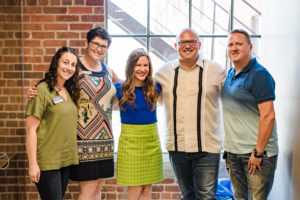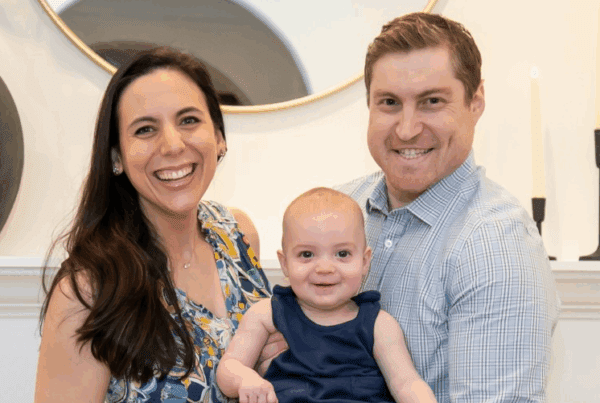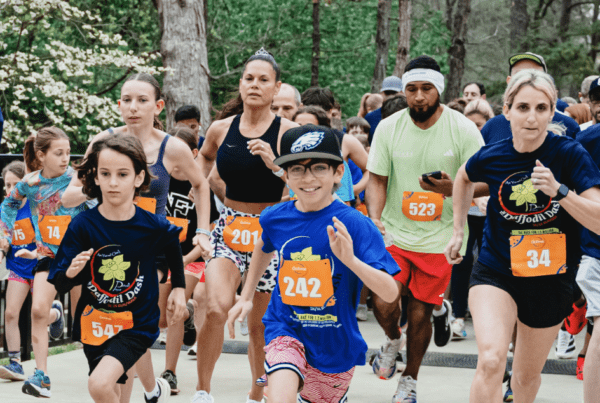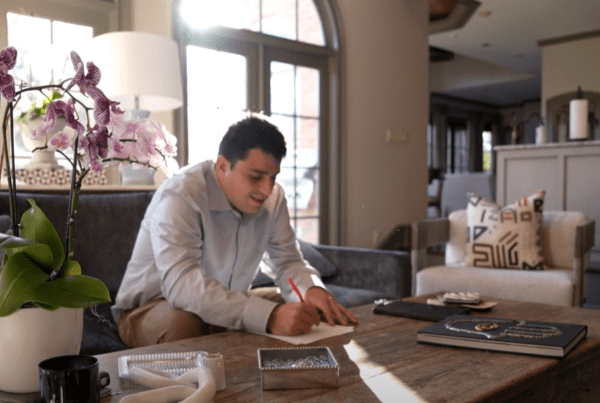 Food and booze are omnipresent in Jewish life, marking most holidays and every Shabbat. How should we, along with Jews in recovery, and their loved ones, approach the ubiquity of alcohol, even when it is part of sanctifying our observances? And with Purim coming, how can we make a holiday where getting drunk is actually encouraged, a safe and holy experience for everyone?
Food and booze are omnipresent in Jewish life, marking most holidays and every Shabbat. How should we, along with Jews in recovery, and their loved ones, approach the ubiquity of alcohol, even when it is part of sanctifying our observances? And with Purim coming, how can we make a holiday where getting drunk is actually encouraged, a safe and holy experience for everyone?
“We definitely need more healthy places for Jews and other people in recovery,” says Marc Pimsler, a founder of Sober Shabbat events in Atlanta. His pivotal moment of commitment to recovery happened in 2004 at Congregation Kol Emeth during the high holy days. Today, with a decade of sobriety under his belt, Marc knows how precarious the road to recovery can be. “I think a lot about the challenges of leading a sober Jewish life. Purim is the holiday that exemplifies the addict’s dilemma. It’s all about hiding, putting on a show. My substance abuse was a kind of pageantry, finding a way to numb myself, take away the pain by creating a disguise. Like Esther, I was hiding my authentic self.”
Rabbi Malka Packer-Monroe, Director of InterfaithFamily Atlanta, and Mandy Wright, Program Manager of JF&CS’s HAMSA program (Helping Atlantans Manage Substance Abuse), have been partnering to create sober spiritual options. Rabbi Packer-Monroe speaks to the special challenges of Purim: “According to Jewish law, those who identify as Jewish are supposed to become so inebriated on Purim that they don’t know the difference between Mordechai and Haman. There is a teaching that we are to get so drunk that we experience everything as G-d. Good and evil are both part of G-d’s world and we should experience them as one.”
“The irony is that for people in recovery from addiction, it is drinking and drugging and using other substances that blocks them from their connection to a Higher Power. Using substances was their way to check out and not be present with the “Mystery.” One way to the Source of Life for many people is through quiet meditation and spiritual community. We’re creating places for Jews and their loved ones to celebrate in spaces where there is no alcohol. We would like to support Jewish organizations and institutions who are hosting Sober Purim experiences for adults.”
Taking their lead from InterfaithFamily and HAMSA, more and more organizations in Jewish Atlanta are adjusting their practices. This year’s Purim Off Ponce event will not be fully dry, but there will be a signature non-alcoholic drink served, crafted by a mixologist who caters to sober events. Other Jewish events are featuring “mocktails” and other alcohol-free options. There have been national Birthright Israel trips for people in recovery. It’s also possible to host a virtual sober shabbat through OneTable Atlanta and OneTable offers a guide to creating a OneTable sober Shabbat.
HAMSA’s Mandy Wright says, “We want to push our community to shift the culture around drinking by offering fun, appealing, non-alcoholic alternatives either in place of, or in conjunction with, the traditional alcoholic offerings at fundraisers, celebrations, and more.”
“And remember, the word ‘sober’ doesn’t just refer to alcohol. Sobriety is for all people in recovery, whether from trauma, abuse, mental illness, or substance abuse. For years I thanked G-d for alcohol and drugs. They saved me from killing myself. But now, I’m married and in the first healthy relationship of my life. My husband Ashley is a Christian whose depth of spirit is amazing. He re-inspires me every day to cherish Judaism and stay on a healthy path.” says Marc Pimsler.





